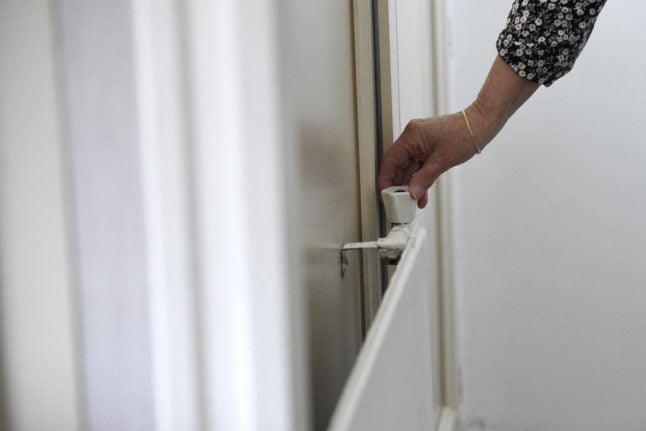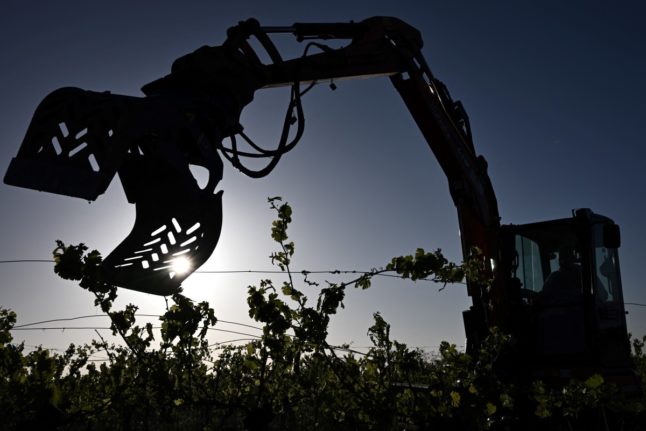While French residents have been shielded from huge rises in energy bills thanks to the government price cap, there is still the concern of energy shortages this winter, as well as the increasingly urgent need to tackle climate change.
The French government has set itself a target of cutting the country’s energy consumption by 10 percent over two years and by 30 percent by 2030 and has enacted a series of measures including limiting the temperature in public buildings.
For households and private individuals, the 10 percent target is entirely voluntary, but whether you want to save yourself some money on your energy bills, do your bit for the planet or help to ensure that France won’t face rationing this winter, here are some things to try.
When it comes to gas consumption, household usage makes up 31 percent of France’s total, ahead of industry on 28 percent.
Heating
This is probably the biggest single change you can make, as lowering your heating by just 1C works out at roughly 7 percent lower consumption.
The rule for government buildings is no warmer than 19C in winter, while those with air conditioning cannot be cooled to lower than 26C in summer.
This is purely a guideline for households, but it is suggested that living rooms be no warmer than 19C and bedrooms no warmer than 16C – provided you do not share a household with someone who is elderly or in poor health, as they may need warmer living spaces.
“Most buildings can reduce their energy consumption by 10 to 15 percent without delay – and at little cost – thanks to better adjustment of the heating and the adoption of good practices that limit energy waste on a daily basis,” says the the Swiss agency Energie-environnement.
Shutters
Shut the shutters once night falls in order to keep your home warm, but if it is warm and sunny during the day open up shutters to allow the sunshine to warm the room.
If it is very cold, or if you are away from home, keep the shutters shut.
Efficiency
It is technically required for many households to have the boiler serviced on an annual basis, but many people skip this. However, you can cut consumption by 8-12 percent per year simply by having your boiler working at maximum efficiency.
Also make sure your radiators are working as efficiently as possible and aren’t hidden behind furniture or curtains. Shelves should be at least 25-30cm above the radiator, to allow the air to circulate.
Holidays
If you are going to be away for five days or more, lower the temperature on the heating to below 19C – if your trip is less than five days, the energy required to heat up the house again will be the same or more as you have saved while being away, so it’s not advised to do this if you’re only away for a short trip.
When going away turn off and unplug as many things as possible – including your wifi router – in order to avoid using energy when you are not there.
Everyday activities
For most families, heating represents around two thirds of their energy consumption, so this is definitely the area to focus on first.
However, there are some other things you can do to cut consumption.
- If you are cooking, putting a lid on a pan of boiling water cuts gas usage by up to 25 percent
- Having a shower uses less water than a bath, and therefore requires less energy to heat the hot water
- If possible turn devices off completely, rather than putting them in standby mode, and unplug phone chargers when you are not using them
- And of course, that favourite cry of parents everywhere, turn off the lights in rooms you are not using
READ ALSO Why do the French say ‘C’est pas Versailles ici’?
Check apps
There are also a number of apps that track your energy usage and offer tips on how to cut down – find full details HERE.
The government app Ecowatt shows the pressure on the electricity grid and whether power cuts are likely.



 Please whitelist us to continue reading.
Please whitelist us to continue reading.
Member comments